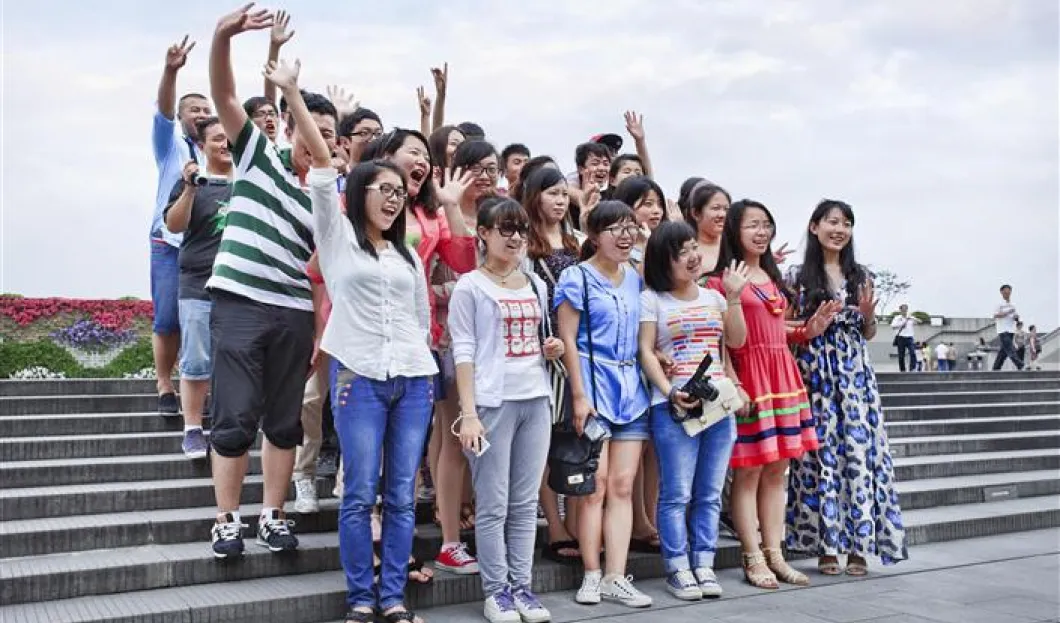
Provence’s towns dream of attracting Chinese travelers, who are coming to France in ever increasing numbers. But regional airports are struggling to convince airlines to open direct routes, due to the lack of international recognition. Thus, only 30% of Chinese travelers visit Provence.
In May 2015, the billionaire Li Jinyuan, boss of the Tiens Company, invited his best sellers on a weekend on the French Riviera. This was a boon for the city of Nice, which estimated an economic impact of 20 million euros.
The Chinese travelers are now the most courted tourists on the planet. With a potential market of 1.4 billion customers, including the over 100 million that crossed the borders of their country in 2014.
Of the 1.4 million who visited France in 2014, about 30% went to Provence. Many of them were repeat visitors, those returning for the second or third time, but their stays remained quite short: one to two nights only.
To help this market grow, the airports of Provence are trying to convince certain airlines to launch charter flights or indeed regular scheduled ones for the Chinese travelers.
Julien Boullay, marketing director of Marseille Provence airport, is in negotiations but prefers to remain discreet on the subject: "Obviously the Chinese market interests us and we have contacts. We would like to follow the model we’ve started with Korea, which will have eight charter flights this summer."
Toulouse Airport with its new Chinese shareholder seems rather more advanced. It should accommodate several charters this year and promises regular services starting in 2018. Nice airport reports a similar status, they believe that Chinese companies are already very solicited and sought after and have been focusing primarily on North America.
Today, six Chinese airlines have the rights to service France, including 4 for passenger lines (Air China, China Eastern, China Southern and HNA). They can land in the three Paris airports as well as in 6 cities in Provence. In exchange, three French companies have rights to fly to China: Air France, Air Austral and Aigle Azur, the latter of which does not use these rights due to agreements regarding Siberian airspace.
Experts point out that there is no legal obstacle to the opening of direct links to Provence. However, to convince the Chinese professionals, these French cities will need to gain notoriety abroad.
According to Catherine Oden, director of China’s Atout France office, this is far from true.
"Due to Provence being rather unknown in China, the number of potential customers may not be sufficient for the opening of direct flights."
Apart from Nice, French cities have no specific image in the Chinese market, unlike other cities such as Milan; associated with fashion, Barcelona as a party town or Geneva; the go to for luxury. These cities put in huge marketing efforts and are often present in major trade fairs throughout Asia.












